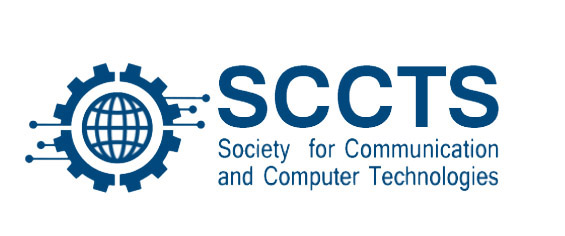Empirical Evaluation of IP Geolocation Accuracy Using Global Network Measurement Datasets
DOI:
https://doi.org/10.31838/IJCCTS.13.02.06Keywords:
IP geolocation, network measurement, latency-based estimation, Internet topology, accuracy assessment, RIPE Atlas, spatial inferenceAbstract
Proper IP geolocation is the key to cybersecurity, optimization of content delivery and digital forensics. This paper gives a mass empirical analysis of IP geolocation accuracy on 120,000 Internet hosts found in over 90 countries. The performance of major enterprise and open-source databases was tested on the basis of the active delay-based probing, DNS analysis, and RIPE Atlas measurement records. Findings show that median location errors of urban networks lie in the range of 25 to 120km with much more loss of accuracy in mobile and carrier-grade NAT networks. The study recognizes the geographic variables as well as network-layer variables (that have an effect on location precision) such as routing asymmetry, infrastructure centralization and latency variance. The results indicate that hybrid solutions of geolocation based on delay-based triangulation, complemented by regional measurement anchoring, are more effective than brand-new database-based solutions. The paper ends by suggesting adaptive, measurement-inspired frameworks of geolocation that are inclusive of the network information gathered by crowdsourcing to have better spatial precision to support more robust geolocation-dependent apps in digital security and cyber services.
Downloads
Published
How to Cite
Issue
Section
License
Copyright (c) 2025 International Journal of communication and computer Technologies

This work is licensed under a Creative Commons Attribution-NonCommercial-ShareAlike 4.0 International License.









 The articles in Worldwide Medicine are open access articles licensed under the terms of the
The articles in Worldwide Medicine are open access articles licensed under the terms of the 